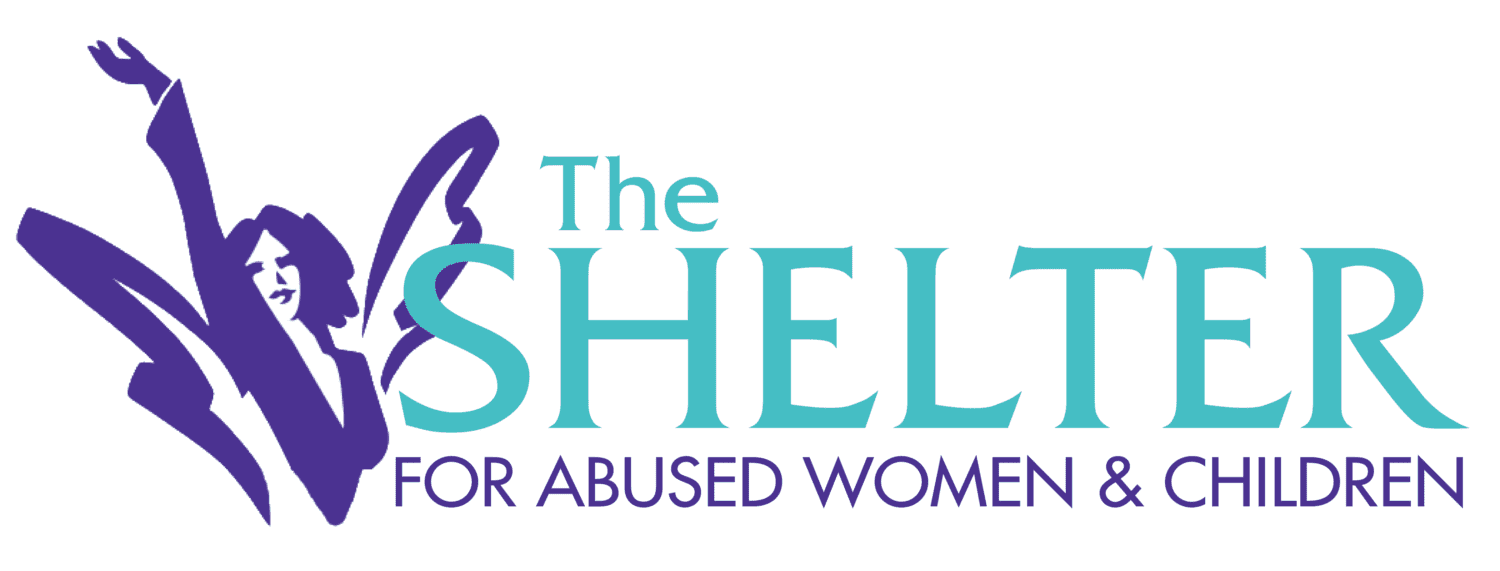Slavery in our midst
Collier Citizen
January 27, 2018
By Lance Shearer
The amazing thing is, slavery is happening today, in 2018, and all around us in our own community.
We tend to think of slavery or human trafficking as something from long ago or taking place in faraway lands. But as a group at the Naples Sailing & Yacht Club found out on Jan. 19, though, it is happening in this century, right here in Collier County.
Naples Community Church hosted the presentation to boost awareness of human trafficking, in recognition that January is National Slavery and Human Trafficking Prevention Month. The approximately 110 attending the luncheon heard from two people who are intimately involved in dealing with the problem, Collier County Sheriff Kevin Rambosk and Linda Oberhaus, CEO of the Shelter for Abused Women and Children.
Human trafficking can involve forced labor, often agricultural; domestic servitude in the trafficker’s or another home; and sex trafficking, Rambosk and Oberhaus told the gathering, taking turns and “tag-teaming” the presentation. Because such a high percentage of the human trafficking, especially that which ordinary citizens are likely to come across in our area, is sex trafficking, that was the focus of most of the discussion.
The presenters said that much of what we think we know about sex trafficking is wrong. While physical force may be used to control the victims, often filling a young girl’s emotional needs, creating dependency is the trafficker’s method. Providing drugs, particularly heroin, then withholding it, is a proven strategy to establish control.
Very often, victims are not locked away in captivity, but seemingly free to come and go, maybe even teens living in their own home with parents.
Traffickers use “coercive control we call ‘invisible chains,’” said Oberhaus. “One trafficker had a girl call her parents every night, to tell them she was OK. She thought of that trafficker as her boyfriend.”
The “boyfriends” seduce, coerce or entrap their victims into a horrendous routine. Young girls are forced to perform 25 to 45 sex acts per day, said Oberhaus, six days a week. A single victim can earn $90,000 to $320,000 per year for her abuser.
More than 50 percent of sex trafficking victims are juveniles, said Rambosk, and worldwide, 90 percent
are women and children. Often, he said, “we may not recognize the signs” of sex trafficking, “even when it is happening right in front of us.”
The signs vary widely, but can include injuries from beatings, brands or scarring indicating ownership, or even signs of torture. Often, victims will be reluctant to talk to a law enforcement officer unless given permission, be frequently moved, live on or near their work premises, have a lack of private space or personal possessions and limited knowledge of how to get around in the community. Conversely, victims may be in possession of large amounts of cash, drugs and extra cell phones. They may appear highly sexualized or attempt to recruit other girls into suspicious activity with a third-party male.
When someone else has possession of legal or travel documents, the victim is kept in a state of perpetual debt, or a third party insists on interpreting, these are signs of potential trafficking. Often, emotional dependence is strong, and victims will refuse to testify, or even go back to an abuser after law enforcement intervention.
“Out of 22 victims in the last trafficking case we had,” said Rambosk, “there are several we’ve helped to move on, but two overdosed and died, and half of them are right back in that same dilemma. We need to break that cycle.”
The Sheriff’s Office and the Shelter for Abused Women and Children work together to identify, rescue and shelter victims of trafficking, with law enforcement also focusing on putting the traffickers behind bars. With a five-person Human Trafficking Unit established in 2005, Collier County is proactive in fighting modern-day slavery. Higher numbers of cases, prosecutions and victims doesn’t mean there is more trafficking here, said Rambosk, rather that local law enforcement agencies are constantly on the lookout for trafficking operations.
The average stay at the shelter is six to eight weeks, but Oberhaus said for victims of domestic abuse it is more like six to eight months for trafficking victims who have been rescued. To help address the growing need, especially in eastern Collier, the shelter has launched a capital campaign to build a 20,000- square foot, 32-bed shelter on five acres in Immokalee. It is named the Shelly Stayer Shelter, after the benefactor who provided a $3-million lead gift to jumpstart the project.
If you suspect human trafficking, you can call the National Human Trafficking Hotline, but in Collier,you are likely to find a faster response by calling
911 if a person is at immediate risk, or 239-2529300, the sheriff’s non-emergency number. For more information on the Shelter, or to support their work, call 239-7753862 or go online to naplesshelter.org.




